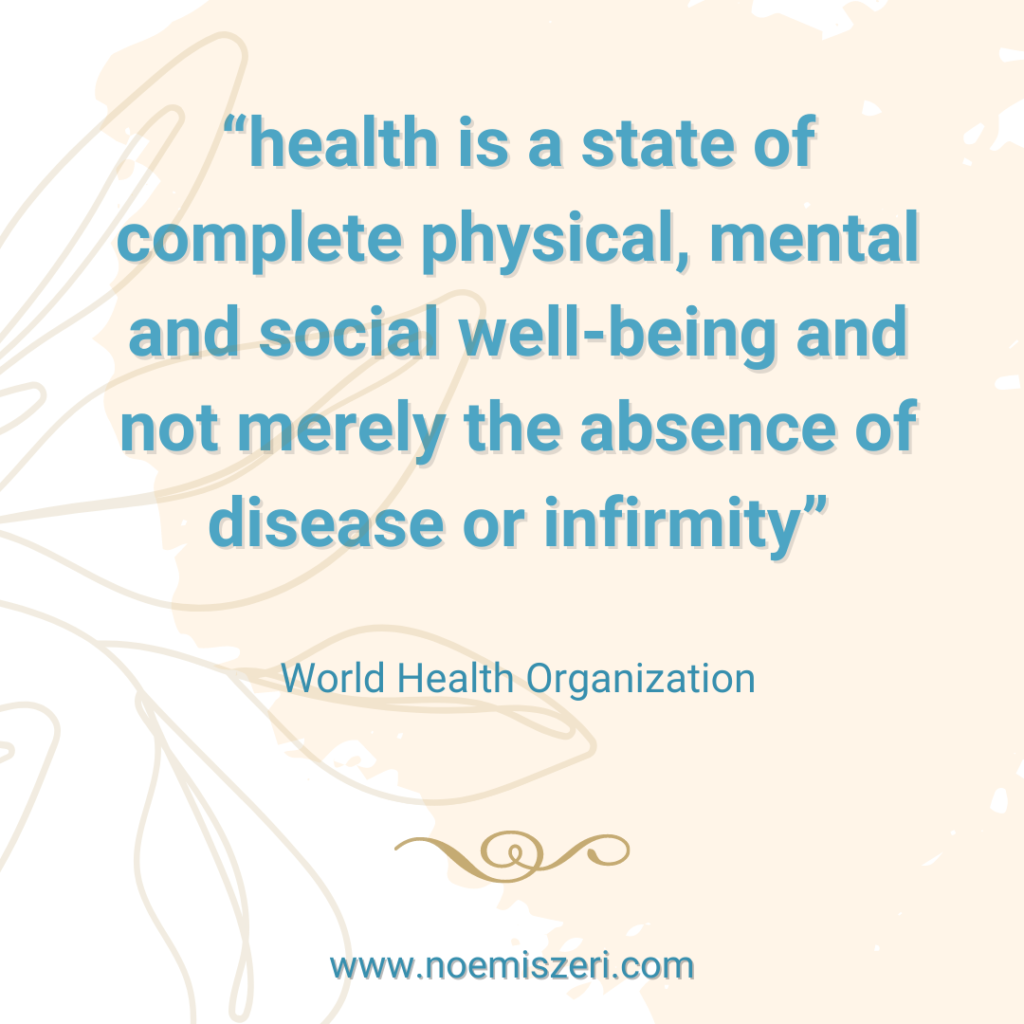I’m reading the paper Teaching well-being at scale: An intervention study, published last week. Having completed the course The Science of Wellbeing – created and presented by Yale Psychology Professor, Laurie R. Santos on the Coursera.org platform – almost a year ago, I was delighted to receive the news about this study coming out.
I am not entirely certain whether the data I provided was used in the third cohort for the final evaluation, but having done the course and read most of the scientific papers underlying the curriculum, I feel very much part of the study – and the community.
The argument that positive mental health should “go beyond the reduction of mental illness and incorporate the promotion of well-being” resonates with me deeply. There’s a clear tendency to focus on what is wrong with a person, discounting all the characteristics and elements that could contribute beneficially to their wellbeing if properly fostered and cultivated.
The idea that you get more of what you focus on has been my experience regarding my mental health management and subjective wellbeing. The authors define the concept of subjective wellbeing as “a person’s appraisal of their own internal mental states, usually including emotions and an overall assessment of one’s life as a whole.” Whenever I focussed on the negative aspects of my life, I consistently discerned and created new situations that left me even more dissatisfied with my life. But the reverse is also true.
I did the course in the summer of 2020, and I vividly remember doing the first assessment on my subjective wellbeing in the first week. At the time, my focus was on what I couldn’t achieve instead of what I was capable of, which meant that rather than looking at possibilities, I was looking at limitations. Needless to say, my scores at the beginning of the course were pitifully low.
The strength of the course, as well as its most distinguishing feature, is encouraging participants to engage in the activities scientifically proven to have been beneficial for our subjective wellbeing. It is also well structured; to avoid being overwhelmed, we were encouraged to focus on only one new activity a week. The idea is that you get a taste for a variety of scientifically supported practices and are then able to choose which to commit to in the long term.
These were my choices: I added a 5-point gratitude list to my evening journal, I started a daily 10-minute guided meditation just after I finish writing, and “savouring”. I made sure I chose practices that fitted into my existing routines.
Savouring is taking the time to enjoy an experience by giving it your full attention and being aware of the appreciation. The richness of the natural world invites us to savour its many features. Whenever I go for a walk in the local parks or the seaside – which I do daily – I am amazed by the variety of shapes, the different shades of green and brown and blue. Every sight brings in something new to ponder and to be amazed by. Sight is complemented by sound: birdsong, insects, and small animals scampering through the leaves. And likewise for touch, taste, and smell. The more I’ve practiced savouring the better I’ve become at focussing my attention on one thing at a time and bringing whole spectrum of my senses to bear on it, thereby making the experience truly engrossing and memorable.
By the end of the 10-week course, I was much happier and scored much higher on subjective wellbeing, because I had learned to focus on the good things in life and to experience them fully.
I was amazed to see that even small tweaks to my everyday patterns could be so beneficial to my life and mindset.
The intention of the course was to educate us and encourage us to integrate some of these practices into our lives. I have meditated every day since the 4th of June 2020 and I don’t plan to stop, because the benefits of meditation continue to accumulate. Now, even on more stressful days, I can remind myself of the calm I experience in meditation and by focussing on my breathing I can recreate it.
Whilst reading about positive psychology, wellbeing or related topics may be encouraging, the true benefits come from putting into practice specific actions. You do get more of what you focus on, so when you focus on what is good you get more good.
Welcome to the virtuous circle!
Further resources:
To enrol in the course: The Science of Well-Being | Coursera
To read the study: Teaching well-being at scale: An intervention study (plos.org)


